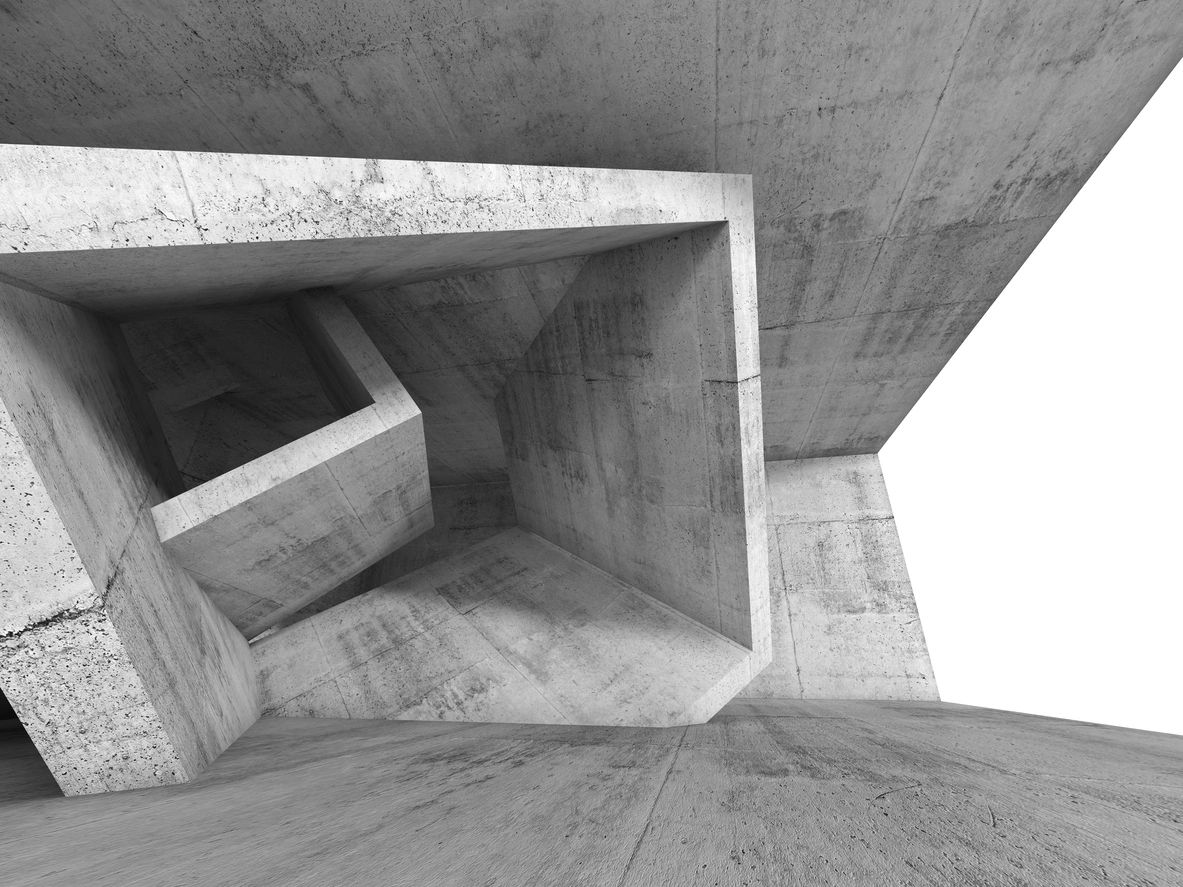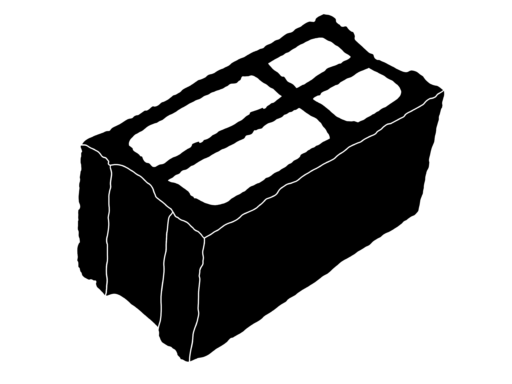
GRANT SCOTT
BE THE CONCRETE
STRENGTH FOUNDED ON FAITH
COMING SOON TO BOOKSTORES NEAR YOU!
“For no one can lay a foundation other than that which is laid, which is Jesus Christ.“
1 Corinthians 3:11, ESV

COMPONENTS OF CONCRETE AND FAITH
Rock
Jesus
“But he was pierced for our transgressions; he was crushed for our iniquities; upon him was the chastisement that brought us peace, and with his wounds we are healed.”
Isaiah 53:5, ESV
When referring to the type of rock necessary for concrete, it is always crushed rock. Crushed rock allows for drainage, stability, strength, and gives concrete elasticity and the ability to expand and contract without causing cracks. About 41% of concrete is made up of crushed rock. It is truly the foundation of concrete.
Jesus is the Rock of our salvation. He is our stronghold, and the One we build our faith upon. Like the rock found in concrete, Jesus was crushed for our sake and in our place. By His being crushed, we are able to be strengthened and saved because He died for our sins. Our faith is to be built on Him and through Him.
Further Study:
Deuteronomy 32:31; 2 Samuel 22:2-3, 32, 47; Psalm 18:2, 31:3, 61:2, 118:22; Isaiah 17:10a, 28:16; Matthew 7:24, 21:42; Mark 12:10; Luke 20:17; Acts 4:11; 1 Corinthians 10:4; Ephesians 2:20; 1 Peter 2:6-7
Sand
Man
“And everyone who hears these words of mine and does not do them will be like a foolish man who built his house on the sand.“
Matthew 7:26, ESV
In concrete, sand plays a vital role in filling unused space, preventing cracks, and giving it strength. However, when alone, sand is unsturdy, loose, and something easily blown away. In order for sand to be of any importance, it needs something of substance to help it maintain form.
The Bible tells us that we are not to build our house on sand, for laying our house on such unsturdy a foundation would surely result in utter ruin. In our spiritual walk, we are not to place our faith in the things of sand (i.e., worldly things), but to found ourselves on the Rock. Like the other components strengthen sand in concrete, our faith is strengthened when we allow God to be our support and foundation.
Further Study:
Genesis 22:17, 32:12
Cement
Holy Spirit
“For his Spirit joins with our spirit to affirm that we are God’s children. And since we are his children, we are his heirs. In fact, together with Christ we are heirs of God’s glory. But if we are to share his glory, we must also share his suffering.”
Romans 8:16-17, NLT
Cement is a powdery chemical substance that is mixed with water to bind the ingredients of concrete together. Rather than cement hardening and drying, it actually cures the concrete through the chemical reaction.
After accepting Jesus into your heart, the Holy Spirit enters in as a permanent encourager and guide. Although we are saved by Jesus’ sacrifice, it is the Holy Spirit that continues to cure us of our sinful nature. Additionally, the Holy Spirit is the One that eternally binds us to God. It is by His power alone that we are able to withstand trials, temptations, and become more Christlike. This is done through the process of sanctification.
Further Study:
Numbers 11:17; Ezekiel 36:27; Romans 8:27
Water
Baptism
“What shall we say then? Are we to continue in sin that grace may abound? By no means! How can we who died to sin still live in it? Do you not know that all of us who have been baptized into Christ Jesus were baptized into his death? We were buried therefore with him by baptism into death, in order that, just as Christ was raised from the dead by the glory of the Father, we too might walk in newness of life.”
Romans 6:1-4, ESV
The water in concrete is a part of the binder that holds the ingredients together, and creates the chemical reaction to cure it. When this chemical reaction does occur and is combined with the rest of the mixture, a new substance (i.e., concrete) is made.
Water, in the Bible, has been symbolic of many things. However, one of the ways in which it has been most important is its symbolism in baptism as the death, burial, and resurrection of Jesus Christ. When one enter into the water, they represent their death to their past life. When they rise out again, they have risen as a new person. However, it is important to note that baptism is not to be done at any point in time. One should only be baptized after accepting Jesus into their heart, and have received the Holy Spirit. With the work and power of the Spirit, baptism begins the process of obedience to Jesus and represents the new life the believer has chosen to live.
Further Study:
Matthew 3:11, 28:19; Mark 16:16; Luke 3:16, 21-22; John 3:5; Acts 1:5, 2:38, 8:36, 22:16; 1 Corinthians 12:13; Galatians 3:27; Ephesians 4:5; Colossians 2:12; 1 Peter 3:21
Additives
Spiritual Disciplines
“All Scripture is breathed out by God and profitable for teaching, for reproof, for correction, and for training in righteousness, that the man of God may be complete, equipped for every good work.”
2 Timothy 3:16-17, ESV
When mixing concrete, there are extra ingredients, called additives, that one can add to make the concrete better suited for the specific project. Each additive has its own special property that makes the concrete better in some way or another. Concrete, alone, will easily crack and break. It needs to have these additives to strengthen it and make it more durable for when different stressors are applied.
In the Christian faith, there are also different additives, so to speak, that can be used in the sanctification process. These are called Spiritual Disciplines. These disciplines are practices that a believer partakes in to improve and strengthen oneself in Christlikeness. It is through these disciplines that a Christian can be made better. Through the power and guidance of the Spirit, Christians are sanctified by continually practicing and adding more spiritual disciplines into their daily walk with Christ. A Christian who neglects to practice these disciplines will often see their faith weakened, cracked, and incapable of withstanding trials.
Further Study:
Joshua 1:8; Psalm 1:1-2, 119:1-8; Romans 8:1-11, 26-27, 12:11; 1 Corinthians 2:10, 6:11, 12:11; Galatians 5:22-25; Philippians 1:27, 4:8; Colossians 3:1, 5; 1 Timothy 4:7-8; 1 John 3:24